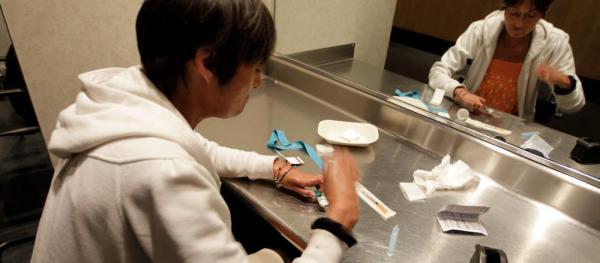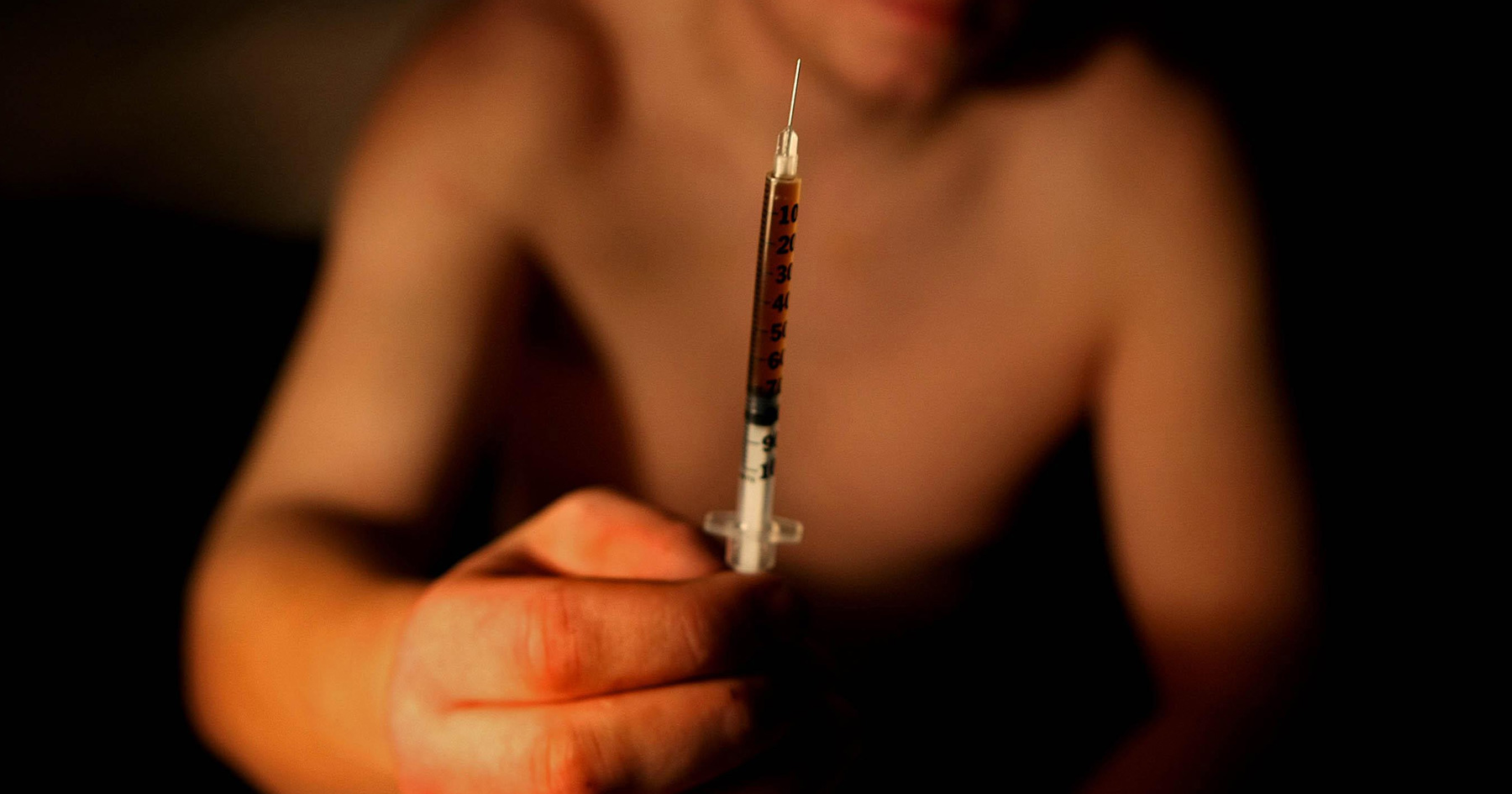Why Canada Is Letting Doctors Prescribe Heroin

By:
Canada is set to expand a controversial addiction treatment program that provides opioid addicts with pharmaceutical-grade heroin, and research suggests that it could work for users who don't respond to standard therapy options.
.JPG?auto=format&crop=faces&fit=crop&q=60&w=736&ixlib=js-1.1.0)
Several countries — including Germany, Switzerland, Spain, and Denmark — have already implemented heroin-assisted treatment programs with impressive results. Because users can access heroin in a supervised setting, they're less likely to die of an overdose or engage in criminal activity, according to the Canadian Drug Policy Coalition.
Previously, heroin-assisted treatment in Canada was only available at a clinic in Vancouver. But under a new law enacted by Canadian Prime Minister Justin Trudeau's government last month, doctors across the country will be able to prescribe pharmaceutical-grade heroin, The Washington Post reported.
Here's how heroin-assisted treatment works.
 Providence Healthcare - providencehealthcare.org
Providence Healthcare - providencehealthcare.org
Users report to designated clinics two to three times per day in order to take a prescription heroin injection in a supervised setting. They're offered health services and support that's meant to curb use over time, but there's no restriction on how long a user can remain in heroin-assisted treatment. The facility has the anti-overdose medication naloxone on site in the event of an overdose.
While the majority of addicts seeking treatment respond well to conventional opioid substitution programs such as methadone therapy, some users are resistant to these treatment options. That's why harm reduction advocates want to expand heroin-assisted treatment — to give those users an alternative to the illegal market when traditional therapies fail.
A review of six randomized trials in six countries, published in the British Journal of Psychiatry last year, indicated that these programs are effective:
"Based on the evidence that has been accumulated through these clinical trials, heroin-prescribing, as a part of highly regulated regimen, is a feasible and effective treatment for a particularly difficult-to-treat group of heroin-dependent patients."
"Heroin assisted treatment has been around for over 20 years and it is only the stigma that heroin has in our society that seems to be the main reason people are worried about it," Donald MacPherson, the executive director of the Canadian Drug Policy Coalition, told ATTN:. "It would be much better for people to be on a pharmaceutical heroin treatment program than to be failing at other treatment modalities."
 Julien Behal/AP - apimages.com
Julien Behal/AP - apimages.com
In the U.S., heroin-assisted treatment is still considered "radical." But as we continue to see mass overdoses resulting from dangerous batches of heroin — sometimes mixed with other drugs such as fentanyl and carfentanil — MacPherson says it'd be radical not to provide this service to users.
The program "brings people into to contact with the health system where they can get other kinds of help and support" and "undermines the illegal market which has extremely deadly and unregulated products of unknown composition and dosage," he said.
